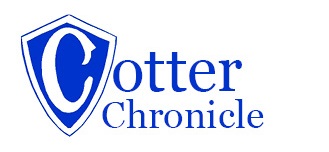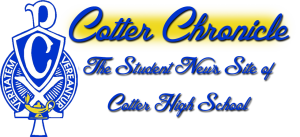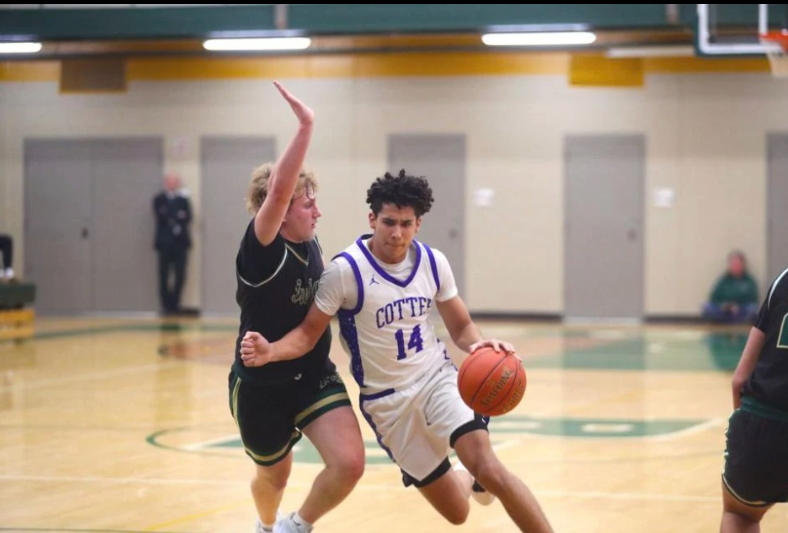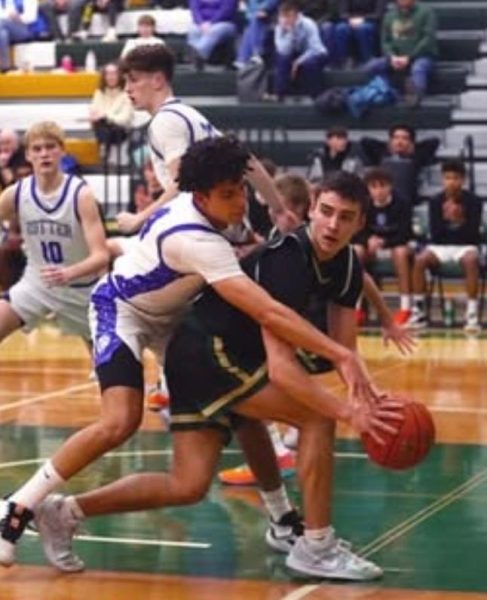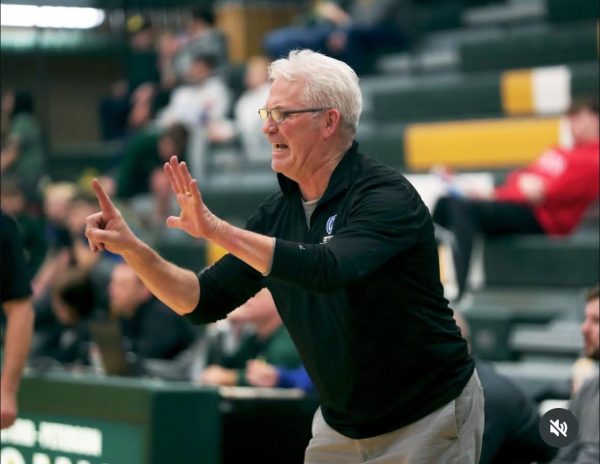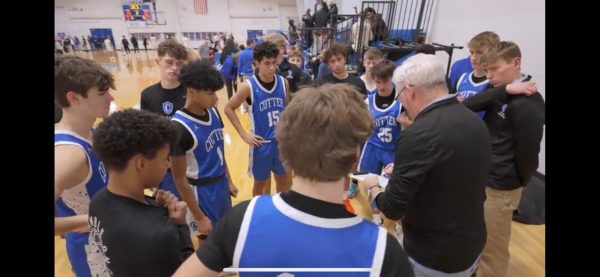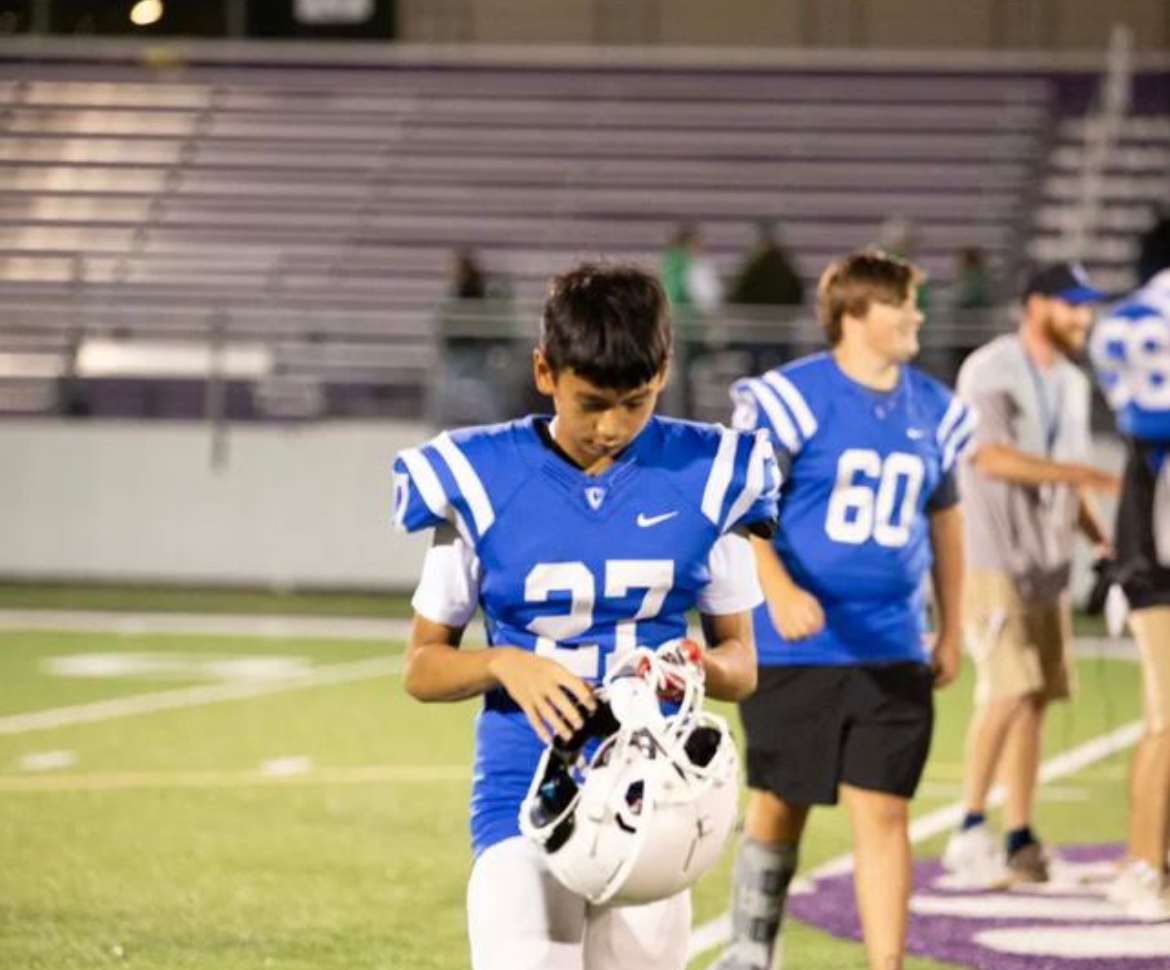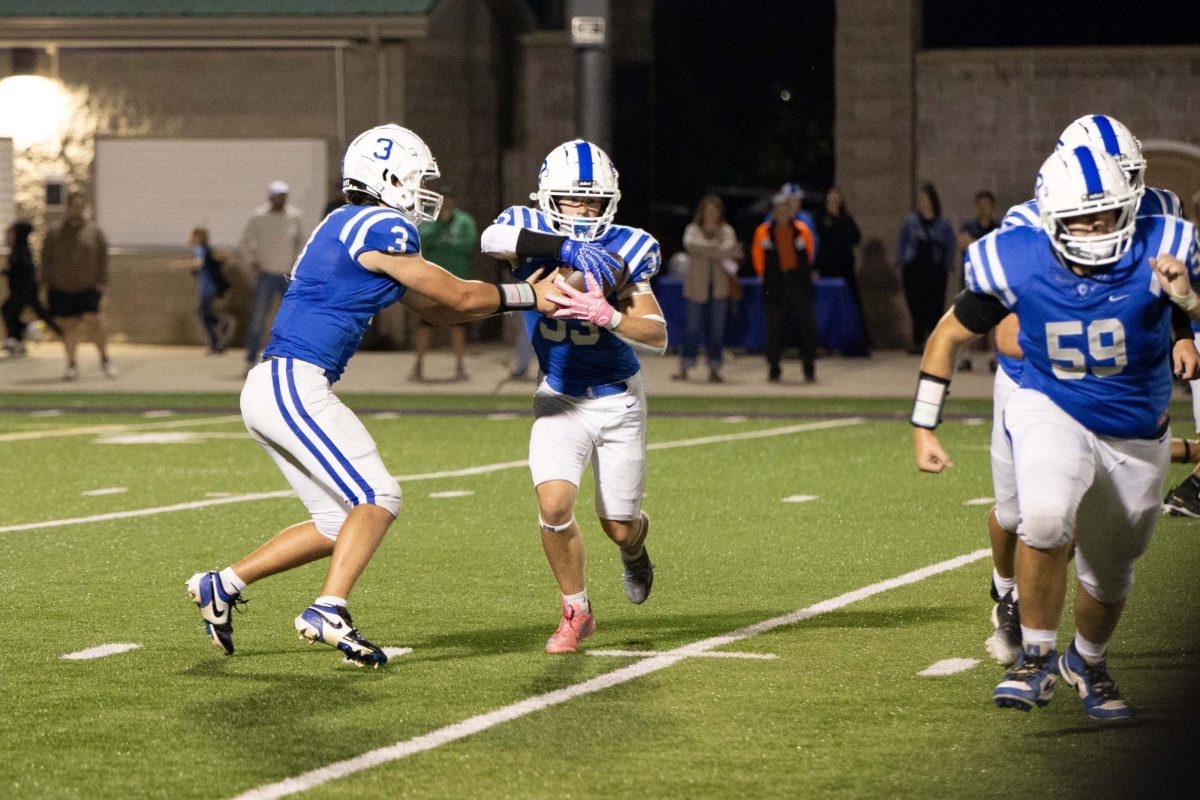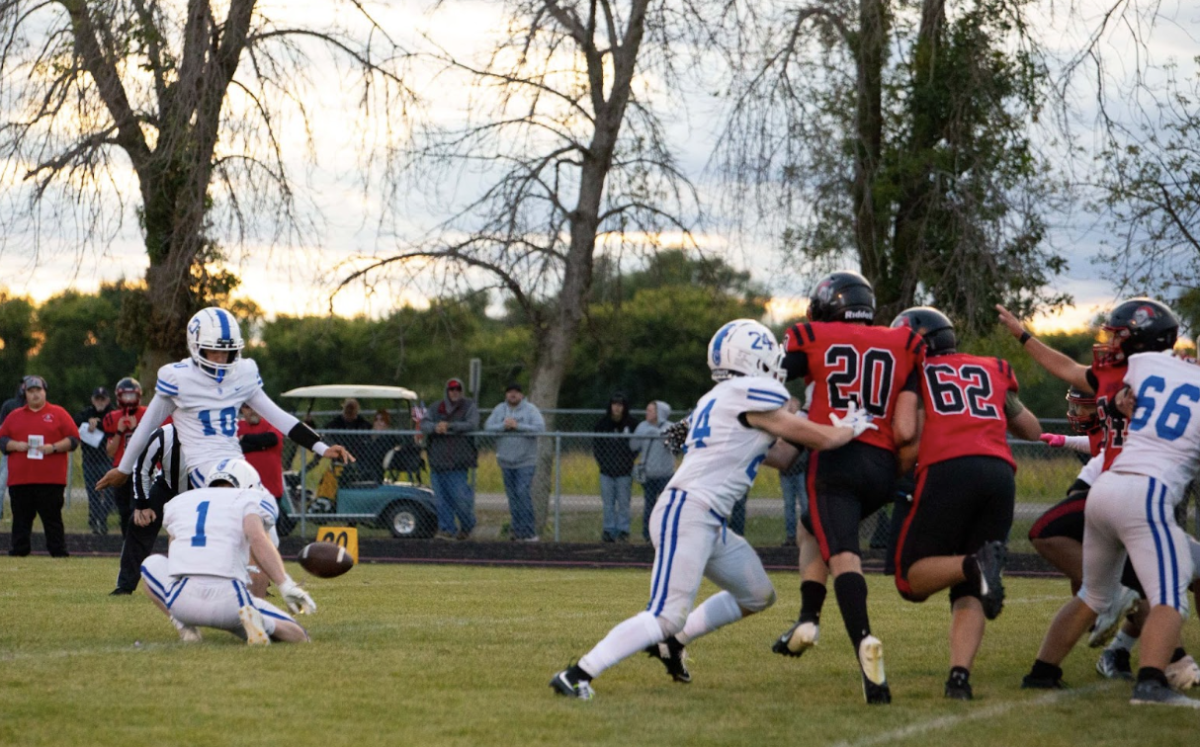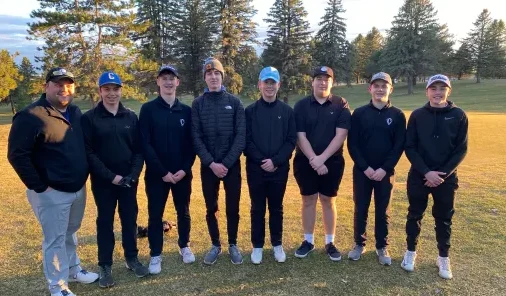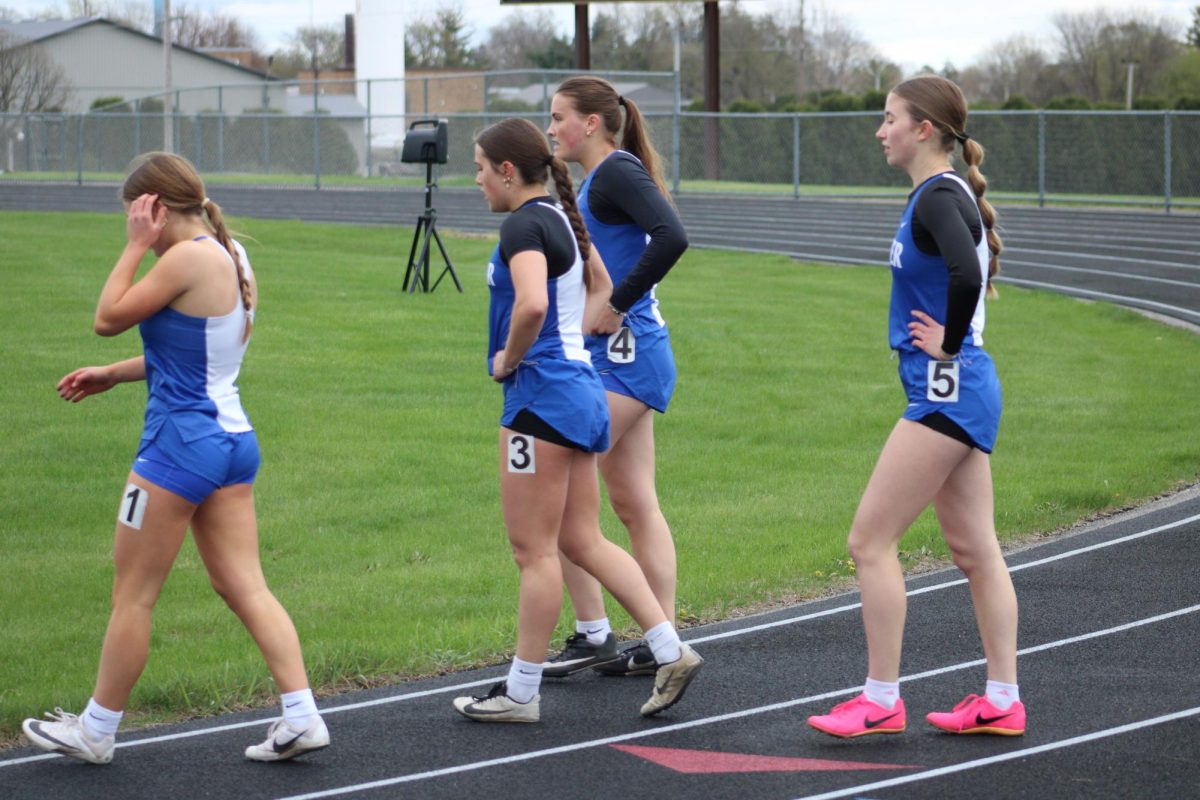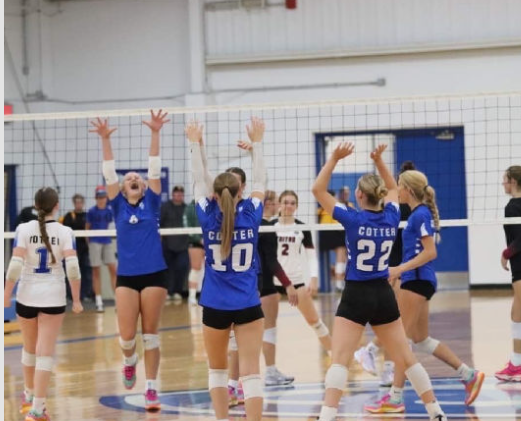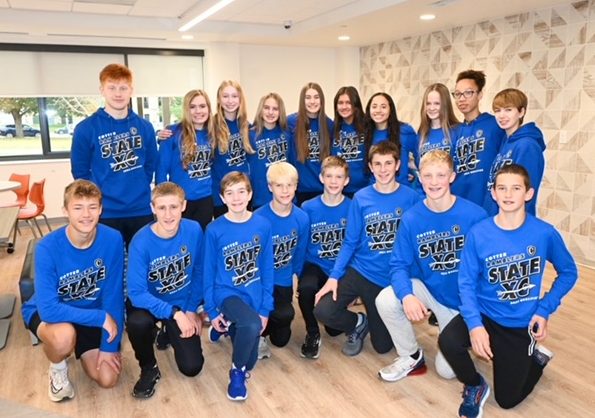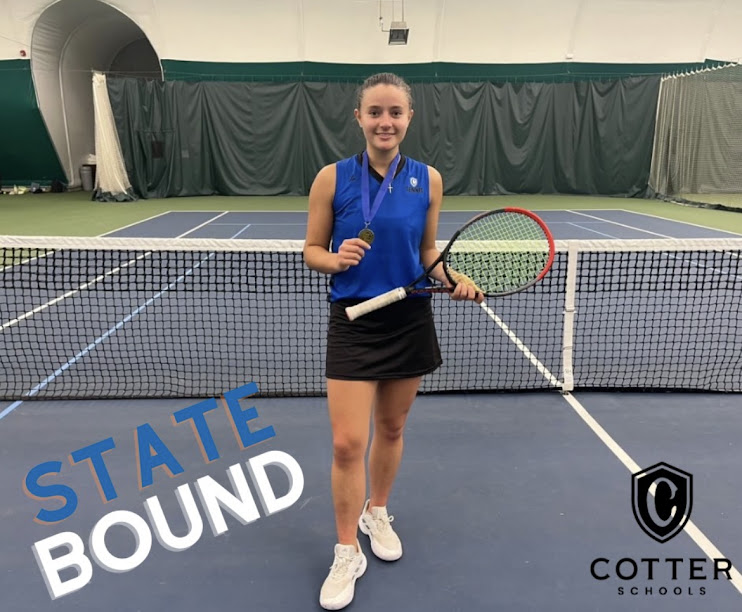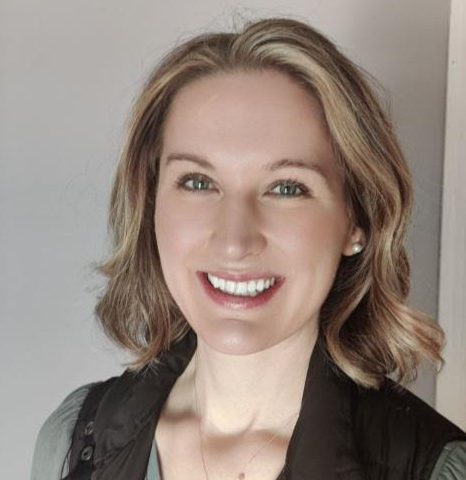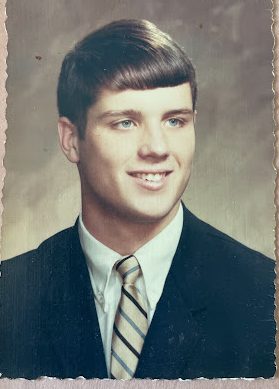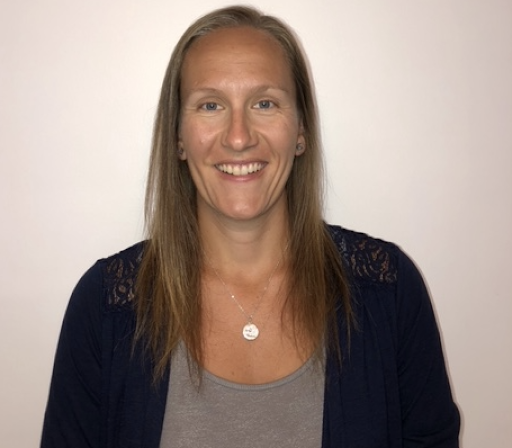When Mateo first stepped onto the basketball court at Cotter H.S in Winona, Minnesota, he was far from home, not just geographically but culturally, linguistically, and socially.
Coming from Mexico, Mateo faced the formidable challenge of adapting to an entirely new environment, both inside the classroom and on the hardwood, all while recovering from an ankle injury that delayed his start in the season.
“It was a change of place and environment,” Mateo explained. “I didn’t know anyone or anything, and there was a communication barrier. Plus, I had an ankle injury, which made me stay off the court for a few weeks.”
Mateo’s journey at Cotter is a story of resilience, adaptation, and determination, a young athlete’s quest to find his place on and off the court. 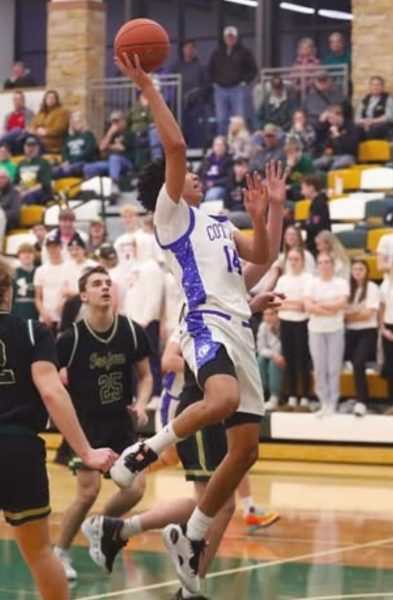
Basketball has been a central part of Mateo’s life from a young age. Growing up in Mexico, he competed at the highest national levels, playing in tournaments where the competition was fierce and the stakes were high.
“Back home, the level I played was very competitive,” Mateo said. “At a high school level, the US is more competitive, but the national tournaments in Mexico I participated in were the same or even harder.”
His decision to pursue studies and basketball in the US was motivated by the desire to grow academically and athletically. But arriving in Winona was a culture shock. The language, customs, and even the style of basketball were different from what he was used to.
“I didn’t know the culture, the language, or the people,” Mateo said. “Everything was new and challenging.”
On top of those challenges, Mateo suffered a severe ankle sprain during a game against Providence Academy early in the season. The injury sidelined him for nearly seven games, about a quarter of the basketball season. “It was frustrating,” Mateo admitted. “But I kept working hard.”
During his injury, Mateo focused on staying strong. “I did my best in practice,” he shared. “Most days, when I wasn’t playing, I went to the weight room and practiced shooting in my own free time.”
His commitment to self-improvement impressed his coach and teammates. Coach Costello remarked, “Mateo’s work habits and maturity were evident from the start. Even while sidelined, he stayed focused and disciplined.”
Guillermo, Mateo’s teammate, recalled those early days. “At first, Mateo was trying to figure out everything, the plays, the language, the team dynamic. But he was a nice guy and wanted to learn. He wanted to be paired with me during drills, and though I joked that I had to carry him, he quickly showed he was very capable.”
One of the biggest adjustments Mateo faced was adapting to the style and intensity of basketball at Cotter and in the US. “Practices in Mexico were not as intense,” he explained. “Defense is taken more seriously here, and that was a big adjustment for me.”
“Mateo learned quickly that playing here required a different level of physicality and focus,” Costello said.
Despite the challenges, Mateo embraced these lessons. “It wasn’t easy,” he said. “But I wanted to improve and be a key part of the team.”
Beynd the physical and tactical challenges, Mateo had to overcome social and language barriers to truly integrate with the team and school community.
“I was nervous at first because I wanted to show what I could do,” he said. “I had limited opportunities early on, but as soon as I came in, I felt more comfortable.”
Guillermo shared how that comfort translated into friendship. “I thought Mateo had never been my friend when he first arrived, but now we are good friends. He adapted well to a lot of things, the culture, the team, school.”
Coach Costello also spoke to the challenges Mateo faced. “Mateo had to jump into a group that had played together for years. He had to learn new basketball terms, build friendships, and find his role. That’s a lot for any student, let alone one adapting to a new country and language. But he excelled.”
Once healed, Mateo’s impact on the court was undeniable. “He was our leading scorer and rebounder,” Coach Costello said. “He led the team in several statistical categories and was also a very good defensive player. He is very coachable, too, he was invaluable to the team.”
Mateo’s return from injury energized the team.
“When he came back, the team’s fortunes improved,” Costello added. “He missed about a quarter of the season, so having him back made a huge difference.”
Mateo’s teammates recognized his leadership as well. “He was the MVP for a reason,” Guillermo said. “He scored a lot of points and helped the team a lot.”
Mateo’s story reflects more than just sports, it represents the challenges and opportunities of being an international student-athlete in a small-town American high school.
“Cotter offers a unique environment where students from around the world come together,” Coach Costello explained. “There can be tricky situations, like competition for playing time, but the experience enriches everyone.”
For Mateo, the experience has been transformative. “Being an international student-athlete taught me to adapt, to work hard, and to embrace differences. It made me better not only as a player but as a person.”
He also expressed gratitude for the support he received. “My teammates, coaches, and teachers helped me a lot. They made me feel welcome.”
Mateo sees his time at Cotter as a stepping stone to a future that balances academics and athletics. “I want to keep improving in basketball,” he said, “but school is very important, too. I want to succeed in both.”
His journey, from a young basketball player in Mexico to a leader at Cotter High School, embodies resilience, cultural exchange, and growth. Mateo Lopez Amor is proof that with determination, openness, and support, boundaries can be crossed and new paths forged.
